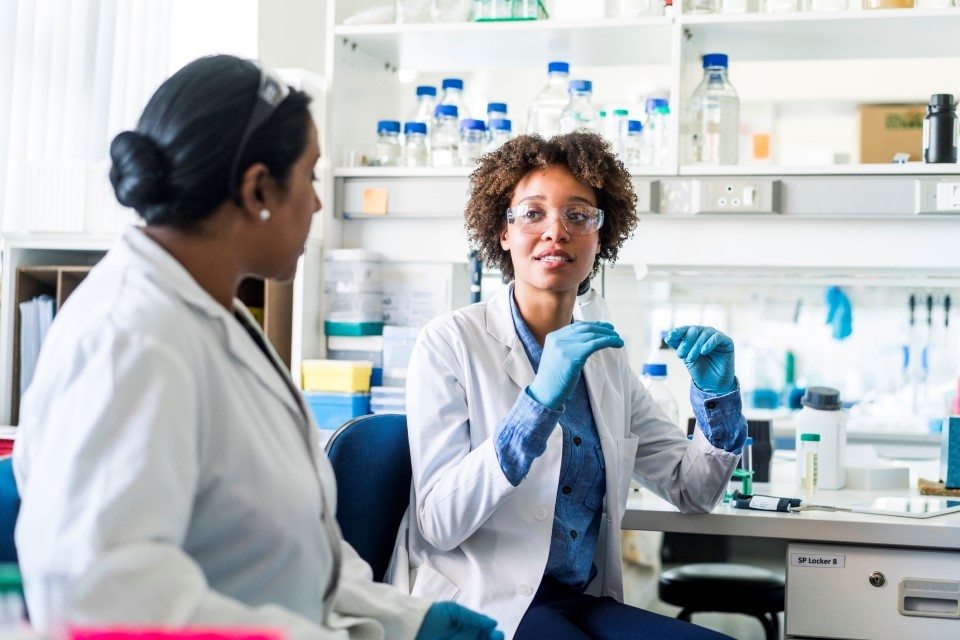
Scientists and Researchers at the Navrongo Health Research Centre (NHRC) in Kassena-Nankana Municipality in the Upper East Region have urged government to invest in health research to find solution to locally relevant issues.
They said research was important and had over the years enabled Scientists find solutions to health problems in the country and emphasised the need for governments to support local institutions to do their research work.
Professor Paulina Onvomaha Tindana, Associate Professor of Bioethics at the University of Ghana School of Public Health, who made the call on behalf of the Scientists, observed that about 90 per cent of funds for research institutions from external sources.
“We have to understand that to be able to address locally relevant health issues, we need more investments from governments,” she told the Ghana News Agency (GNA) in an interview on the side-lines of the 11th Annual General and Scientific Review Meeting (AGSRM) of the NHRC.
The two-day meeting, held on the theme: “Over 30 years of conducting health research: the impact of NHRC in the Kassena-Nankana Districts of Northern Ghana,” allowed management and staff of the NHRC to highlight on the Centre’s activities in 2022.
The programme brought together Scientists from the Dodowa and Kintampo Health Research Centres, the Clement Kubindiwo Tedam-University of Technology and Applied Sciences (CKT-UTAS) and the Ghana Health Service (GHS).
Professor Tindana, in her keynote address, indicated that in as much as researchers needed increased investments from governments, it was also expected of them to display very high sense of integrity in their work.
“We also need Researchers who have integrity, who will do the right thing and will put the health of communities and research participants first,” she said.
According to her, bad science was bad ethics, and added that ethics was central to research, especially if human participants were involved, and further reiterated the need for Researchers to respect the sacrifices human participants made to generate knowledge.
She said ethics helped Researchers to generate data to inform policy decisions and said falsification or fabrication of data would not help in policy decisions but rather be a disservice to human participants if ethics in research was not taken seriously.
Dr Patrick Odum Ansah, Director of the NHRC, said the Centre existed for the past 30 years with some ground-breaking successful clinical trials, which impacted positively on the health of members of the public.
He recalled how the Centre started with Vitamin ‘A’ supplementation trial, which resulted in the introduction of Vitamin ‘A’ into the Expanded Programme on Immunization (EPI) for infants.
On challenges of the Centre, Dr Ansah said finance was the biggest challenge of the Centre, “Funds are not easy to come by, and is very difficult accessing research grants. We do not get support from any other source unless grants.
“Government does very well, it supports us with the establishments and most importantly, government supports us with the salaries of very senior staff of the Centre. But any other basic items needed to support the Centre, we must look for grants,” he said.
The Director called for continuous support from community members, the GHS and government to ensure the Centre was sustained to continue its work.
SOURCE: NEWSGHANA
